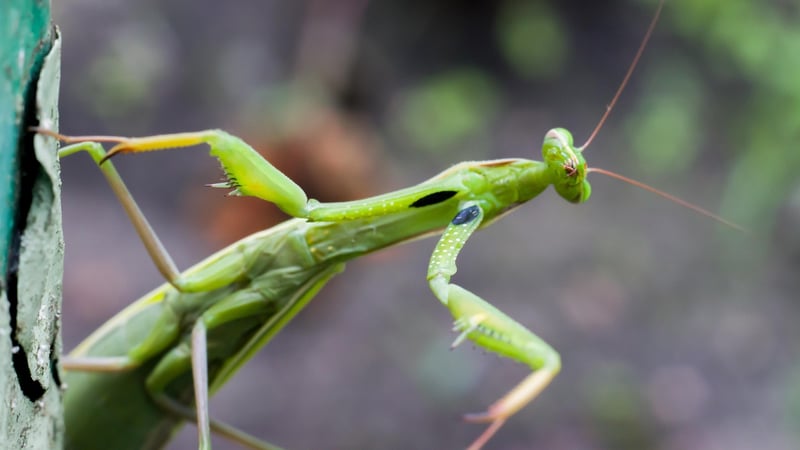Pest Control
Keeping Your Garden Healthy: Pest Control Tips
Having a beautiful and flourishing garden requires more than just planting and watering. One crucial aspect of garden maintenance is pest control. Pests can wreak havoc on your plants, flowers, and vegetables if left unchecked. Here are some effective tips to keep your garden healthy and pest-free:
1. Identify the Pests
Before you can effectively control pests in your garden, you need to identify them. Look for signs of damage such as holes in leaves, chewed-up fruits, or visible pests like caterpillars or aphids.
2. Use Natural Predators
Introducing natural predators like ladybugs, lacewings, or praying mantises can help control pest populations in your garden. These beneficial insects feed on common garden pests and can reduce the need for chemical interventions.
3. Practice Crop Rotation
Rotate your crops each season to disrupt the life cycle of pests that may have overwintered in the soil. This technique can help prevent the buildup of pest populations and reduce the risk of infestations.
4. Neem Oil Spray
Neem oil is a natural insecticide that can effectively control a wide range of garden pests such as aphids, mites, and caterpillars. Mix neem oil with water and a mild soap, then spray it on your plants to deter pests.
5. Handpick Pests
For smaller infestations, consider handpicking pests like caterpillars or slugs from your plants. This method can be labor-intensive but is an eco-friendly way to control pests without using chemicals.
6. Use Floating Row Covers
Floating row covers are lightweight fabrics that can be draped over plants to create a physical barrier against pests. These covers allow sunlight, air, and water to reach the plants while keeping pests like aphids and beetles away.
7. Companion Planting
Planting certain herbs, flowers, or vegetables together can help deter pests and attract beneficial insects to your garden. For example, marigolds can repel nematodes, while basil can deter mosquitoes.
8. Regular Maintenance
Keep your garden clean and tidy by removing weeds, fallen leaves, and debris where pests can hide. Regularly inspect your plants for signs of pest damage and take action promptly to prevent infestations.
Conclusion
By implementing these pest control tips and practices, you can maintain a healthy and thriving garden without relying on harmful chemicals. Remember that a balanced ecosystem with natural pest control methods can lead to a more sustainable and vibrant garden for years to come.


